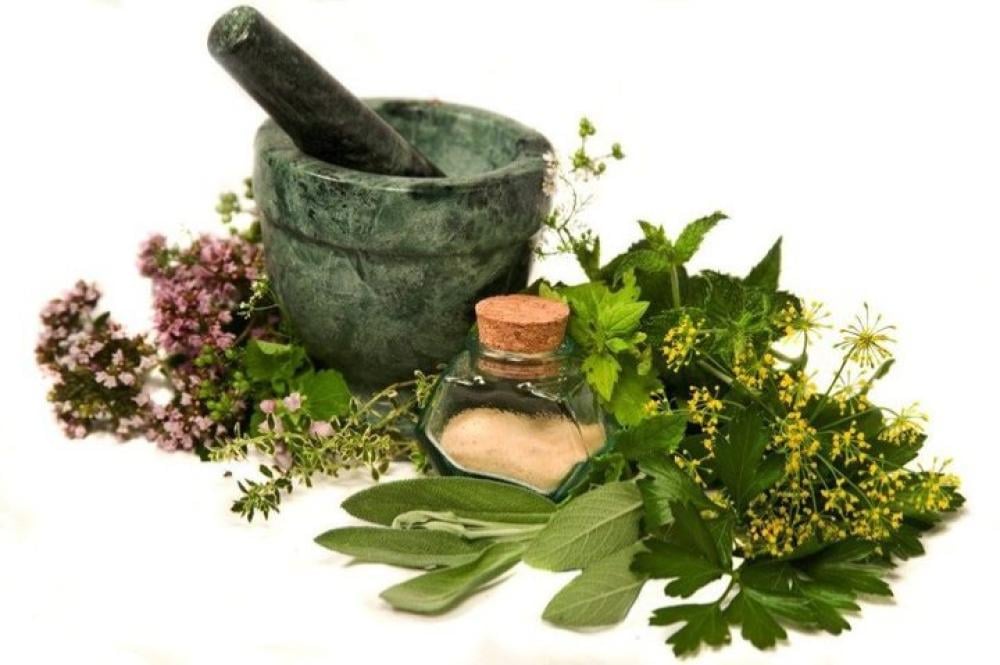Plants have always been an essential part of human life, not only as food, but also as a source of healing and treatment. The use of plants in medicine is one of the oldest therapeutic traditions known to humanity, as herbs and medicinal plants were the basis of treatment before the development of modern medicine.
### The ancient history of botanical medicine
The use of plants in medicine goes back thousands of years, with early humans using plants to treat diseases and injuries. In ancient civilizations such as Egyptian, Chinese, and Indian, plants played a major role in the development of traditional medicine. Written by "Shen Nung Bin Cao Jing", a Chinese book dating back to the first century AD, it is considered one of the oldest books that dealt with medicinal herbs and their benefits.
### Health benefits of medicinal plants
Plants contain a wide range of chemical compounds that can be effective in treating a variety of diseases. Some common health benefits include:
- **Antioxidants**: Many plants, such as berries and green tea, contain antioxidants that protect the body from damage caused by free radicals.
- **Anti-inflammatory**: Ginger and turmeric contain compounds that help reduce inflammation in the body.
- **Improving digestion**: Mint and fennel are known for their properties in improving digestion and relieving gas.
- **Strengthening the immune system**: Echinacea and honey are known for their ability to strengthen the immune system.
### Common herbs and their uses
1. **Aloe Vera**: Aloe vera gel is used to soothe burns and wounds, and it is also believed to have benefits in improving skin health.
2. **Chamomile**: Chamomile is used to calm the nerves and help sleep.
3. **Garlic**: It contains antibacterial and antiviral compounds, and is used to promote heart health and lower blood pressure.
### Botanical medicine in the modern era
With the advancement of modern medicine, the role of plants has not diminished, but rather they have been incorporated into complementary and alternative therapies. Many modern pharmaceutical drugs are derived from plant compounds. For example, aspirin is extracted from salicylic acid found in the bark of the willow tree.
### Challenges and the future
Despite the many benefits of medicinal plants, there are challenges facing this field, including:
- **Determining the correct doses**: Excessive or incorrect doses can be harmful.
- **Interactions with medications**: Some herbs may interact with traditional medications, which calls for caution.
- **Preserving biological diversity**: Excessive use of some plants may lead to their depletion.
### Conclusion
Botanical medicine remains an integral part of the world's medical heritage, thanks to its health benefits and ancient history. As science develops, traditional knowledge can be combined with modern scientific research to make the most of plants in treatment and promoting public health.

